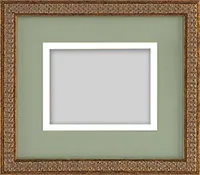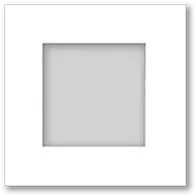Ok
Ok
What is the question
Cancel
My Account
Log In
Favorites
Saved Designs
Log In
Shopping Cart
Search
Image Capture
Definition: The process of photographing or scanning artwork for reproduction purposes. Image capture is a critical step in fine art reproduction, archival documentation, and digital cataloging. The process often involves high-resolution equipment and precise color-correction techniques to ensure accurate translation of the original artwork's tones, textures, and hues into digital form.
Methods of Image Capture
- Photography: High-resolution cameras with controlled lighting are used to capture detailed digital files of artwork. This method is especially effective for large or textured works.
- Scanning: Flatbed and large-format scanners are employed to achieve uniform lighting and consistent resolution, making them ideal for smaller or flat works such as prints and drawings.
- Hybrid Approaches: Some studios combine photography and scanning for the most accurate representation of complex surfaces or oversized artworks.
Importance of Color Accuracy
- Accurate color reproduction requires precise Color Calibration of both the capture device and the output devices (monitors and printers).
- Even small shifts in color accuracy can result in reproductions that do not faithfully match the artist's intent.
- Specialized lighting and filters are used during capture to minimize glare, reflection, and color distortion.
Applications
- Fine Art Reproduction: Digital files created through image capture form the basis for archival giclée prints and limited edition reproductions.
- Archival Documentation: Museums, galleries, and artists use image capture to create digital records for cataloging and preservation.
- Digital Publishing: Image capture is essential for producing images for online galleries, portfolios, and print publications.
- Proofing and Testing: Files are often compared against a Proof Sheet to ensure fidelity before final printing.
Best Practices
- Use consistent and calibrated lighting sources to avoid uneven illumination.
- Calibrate cameras, scanners, and monitors regularly to maintain color accuracy.
- Capture files at a sufficiently high resolution to allow for large-scale printing without pixelation.
- Employ post-processing only for correcting exposure and color balance, not altering the artwork.
Related Terms









